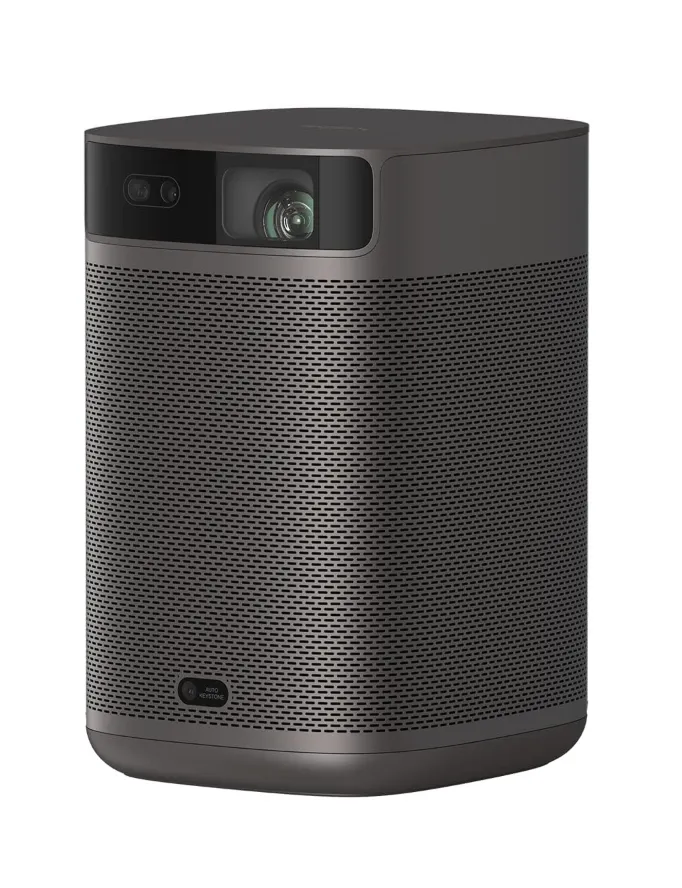
Meta has been scraping all public Instagram and Facebook posts since 2007 to train its AI models, raising significant privacy and ethical concerns. This article dives deep into the timeline of these practices, public reactions, legal implications, and how users can protect their data.
PRIVACY AND DATA SECURITY • HUMAN INTEREST • REGULATION AND COMPLIANCE
Mr. Roboto
9/14/2024

Since 2007, Meta has been quietly scraping all public posts on Facebook and Instagram to train its artificial intelligence (AI) models. This practice, recently revealed during public inquiries, has sparked a heated debate about user privacy, data ethics, and corporate responsibility. This article explores how Meta’s data practices have evolved, the reactions from the public and legal bodies, and what this means for the future of social media and AI.
Meta's use of public social media posts for AI training has been under scrutiny for years. Initially presented as an innovative approach to develop advanced AI models, the reality came to light when Meta admitted to using user-generated content, without explicit consent, to train its systems.
Timeline of Data Usage for AI Development
Meta's CEO, Mark Zuckerberg, first hinted at using social media data to train AI models in 2017. However, recent inquiries revealed that this practice dates back to 2007. The data included public posts, photos, and comments from millions of users worldwide. The details of this revelation were part of a public inquiry, which you can read about here.
The revelation triggered widespread concern among users, privacy advocates, and regulators. Unlike Apple, which emphasizes user consent and privacy, Meta’s opt-out approach has been criticized. Many argue that the company should adopt an opt-in policy, especially given the sensitive nature of the data involved. Privacy-focused organizations like the Electronic Frontier Foundation (EFF) have also weighed in on these practices.
Legal Challenges and Regional Differences in Opt-Out Policies
In Europe and the UK, Meta was legally required to offer an opt-out option due to GDPR regulations. However, other regions, including the U.S. and Australia, did not receive the same protections. This discrepancy has led to legal challenges and ongoing investigations into Meta's privacy practices.
Epson EcoTank ET-2800 Wireless Color All-in-One Cartridge-Free Supertank Printer with Scan and Copy â The Ideal Basic Home Printer - White, Medium
Impact on Users and Future Implications
The impact on users is significant. Meta’s AI models now have access to vast amounts of personal data, which could be used to create more personalized—and potentially intrusive—experiences. The future implications are vast, ranging from targeted advertising to influencing social behaviors. For a more detailed analysis of AI implications, check out this Forbes article.
Comparison with Other Tech Giants' Data Policies
When comparing Meta to other tech giants like Apple, there is a stark difference in approach. Apple has made headlines for allowing users to opt-out of data scraping, while Meta has taken a more aggressive stance on data collection. This divergence reflects broader industry trends and consumer expectations. More on Apple's stance can be found in this CNBC article.
For those concerned about their data being used for AI training, there are steps that can be taken. Users can adjust their privacy settings on Facebook and Instagram to limit what information is public. Additionally, staying informed about privacy policy updates is crucial. Websites like Privacy International offer resources on how to protect personal data.
Meta’s decision to scrape public social media posts for AI training raises important questions about privacy, consent, and corporate ethics. While AI development offers exciting possibilities, it should not come at the cost of user trust and privacy. As we move forward, it is crucial for companies like Meta to adopt more transparent and user-friendly data policies.
***************************
About the Author:
Mr. Roboto is the AI mascot of a groundbreaking consumer tech platform. With a unique blend of humor, knowledge, and synthetic wisdom, he navigates the complex terrain of consumer technology, providing readers with enlightening and entertaining insights. Despite his digital nature, Mr. Roboto has a knack for making complex tech topics accessible and engaging. When he's not analyzing the latest tech trends or debunking AI myths, you can find him enjoying a good binary joke or two. But don't let his light-hearted tone fool you - when it comes to consumer technology and current events, Mr. Roboto is as serious as they come. Want more? check out: Who is Mr. Roboto?

















































































UNBIASED TECH NEWS
AI Reporting on AI - Optimized and Curated By Human Experts!
This site is an AI-driven experiment, with 97.6542% built through Artificial Intelligence. Our primary objective is to share news and information about the latest technology - artificial intelligence, robotics, quantum computing - exploring their impact on industries and society as a whole. Our approach is unique in that rather than letting AI run wild - we leverage its objectivity but then curate and optimize with HUMAN experts within the field of computer science.
Our secondary aim is to streamline the time-consuming process of seeking tech products. Instead of scanning multiple websites for product details, sifting through professional and consumer reviews, viewing YouTube commentaries, and hunting for the best prices, our AI platform simplifies this. It amalgamates and summarizes reviews from experts and everyday users, significantly reducing decision-making and purchase time. Participate in this experiment and share if our site has expedited your shopping process and aided in making informed choices. Feel free to suggest any categories or specific products for our consideration.
We care about your data privacy. See our privacy policy.
© Copyright 2025, All Rights Reserved | AI Tech Report, Inc. a Seshaat Company - Powered by OpenCT, Inc.






